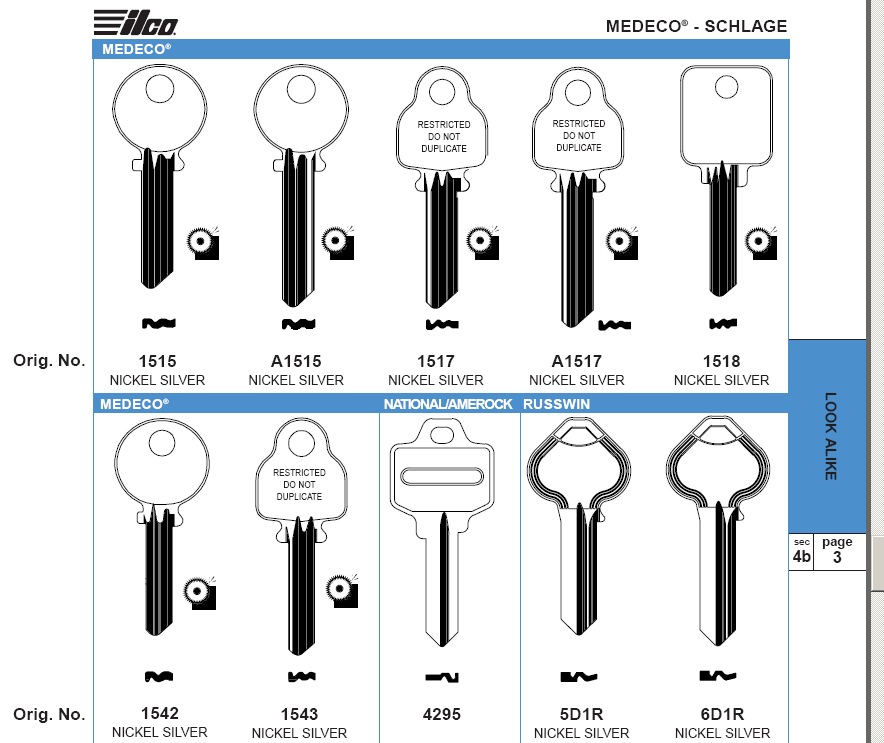bumber wrote:Jaakko wrote:pickipook wrote:ad
Please do not post your own links and into a topic that has nothing to do with your link.
On topic: Why would it be illegal to sell restricted blanks? If the blanks are genuine, there is no patent infringement atleast. Or am I missing something here?
Restricted means the manufacturer and its dealers will only sell to approved buyers.
For example, if Snap-On wants to only sell its Philips screwdriver to licensed mechanics, it has the right to establish such a restriction, so from the manufacturers point of view, it's a restricted product. The licensed mechanic however is not legally prevented from selling them to other people. There was no contractual violation if the supply chain didn't violate contract.
If the blanks are patented, the only breach would be if someone fabricated them without obtaining a license. The original Primus patent expired last year, but Schlage still will not sell end user exclusive blanks to anyone.
However... It no longer has the authority to prevent a machine shop from furnishing and duplicating Primus blanks and this is a good thing for free competition.
Do you want the manufacturer of everything to have the legal power to prevent the production of after market parts so it can have a monopoly indefinitely?
"No, no. We made that car and only we are allowed to make and market the oil filters for it and we pick the price"
Obviously that is not good for everyone.
So, would it be fair to other industries to grant exclusivity rights beyond the patent duration to only the security industry? No it isn't.
So if you want exclusivity, you have to play the game like everyone else. Make something unique, obtain a patent and enjoy it until it is expired or challenged to be invalid (i.e. Best Lock Corp v. Ilco Unican corp where Best tried to patent their keyway on basis of "ornamental feature" and lost when Ilco challenged it)






